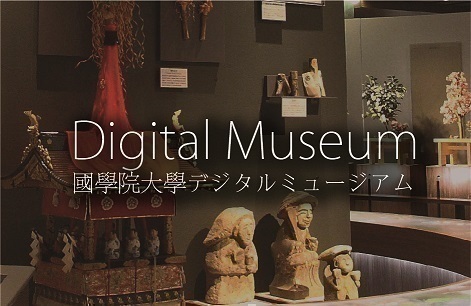- トップ
- Encyclopedia of Shinto
- Yoshimi Yoshikazu
Encyclopedia of Shinto
| Main Menu: | |
| Links: |
詳細表示 (Complete Article)
| カテゴリー1: | 8. Schools, Groups, and Personalities |
|---|---|
| カテゴリー2: | Personalities |
| Title | Yoshimi Yoshikazu |
| Text | (1673-1761) A Shinto scholar of the mid-Edo period. The characters for his formal name Yoshikazu can also be read as Kōwa or as Yukikazu. His style (azana) was Shirei, and his common names included Sadanosuke and Katsuya. His epistolary names included Kyōken and Fūsuiō. The second son of Yoshimi Tsuneyuki, Yoshikazu was born on the fifteenth day of the ninth month, 1673. His grandfather and father both held the position of Shinto priest (shinkan) at Nagoya Tōshōgu, which post Yoshikazu also inherited in 1688. Later, he was appointed as gyōbu taifu (Deputy Minister of Justice) and then to the position of shōshiige sakyō daibu (Eastern Kyoto Director General, Senior Fourth Rank Lower). Although he initially studied Suika Shintō and Kikke Shintō from Ōgimachi Kinmichi and Tamaki Masahide, Yoshimi came to hold a position relying on the authority of kokushi kanchō ("official national histories and documents"). By applying the principle of empirical "evidential learning" (kōshōgaku) to classical studies, he criticized the various traditional Shinto theories of Yoshida, Ise, and Suika, and through rigorous historical investigation, he showed conclusively that Ise Shintō's Shintō gobusho (Five Books of Shinto) were forgeries. His research was collected in the highly acclaimed Gobusho setsuben (Discourse on the Five Books). Motoori Norinaga also saw the value of this text and out of his own accord added a foreword. Under Yoshikazu's direction, many talented people transmitted his spirit of empirical evidential learning. He died on the twenty-sixth day of the fourth month in 1761, at the age of eighty-nine. Among his many texts are Zōeki benbokushō zokukai (General Interpretations of the Excerpts on the Increase of Profits of Fortune Telling) and Jindai seigi (Proper path for the ages of Kami). —Yazaki Hiroyuki |




